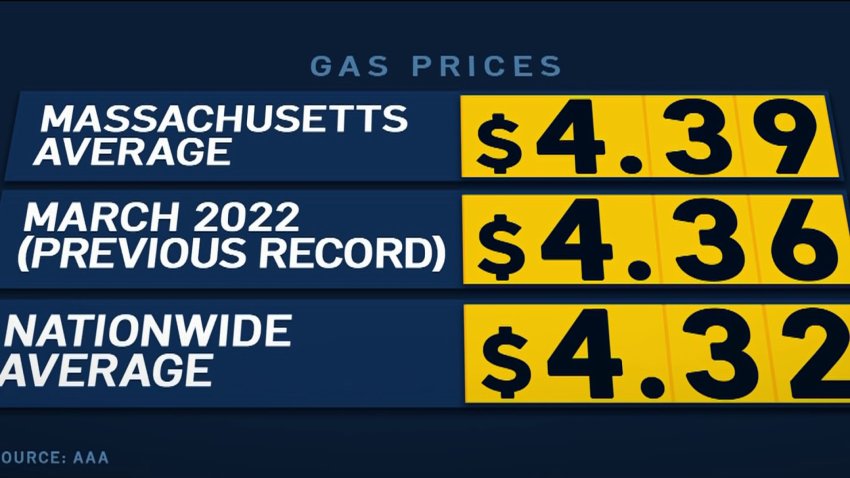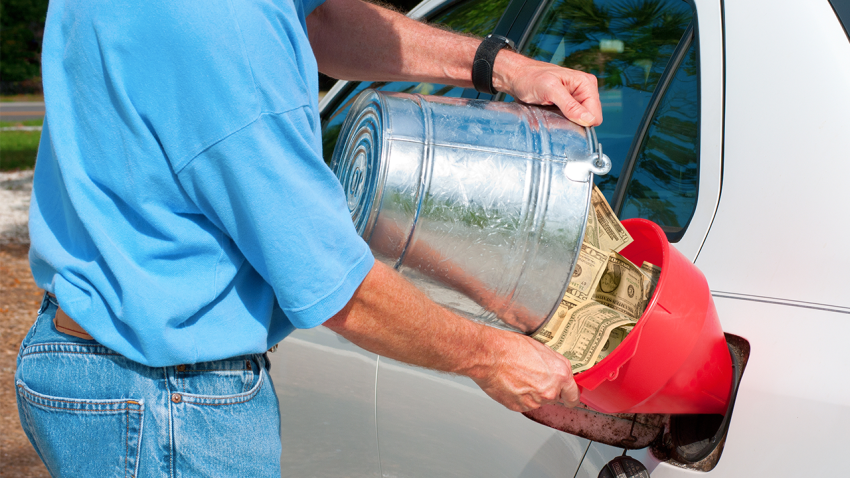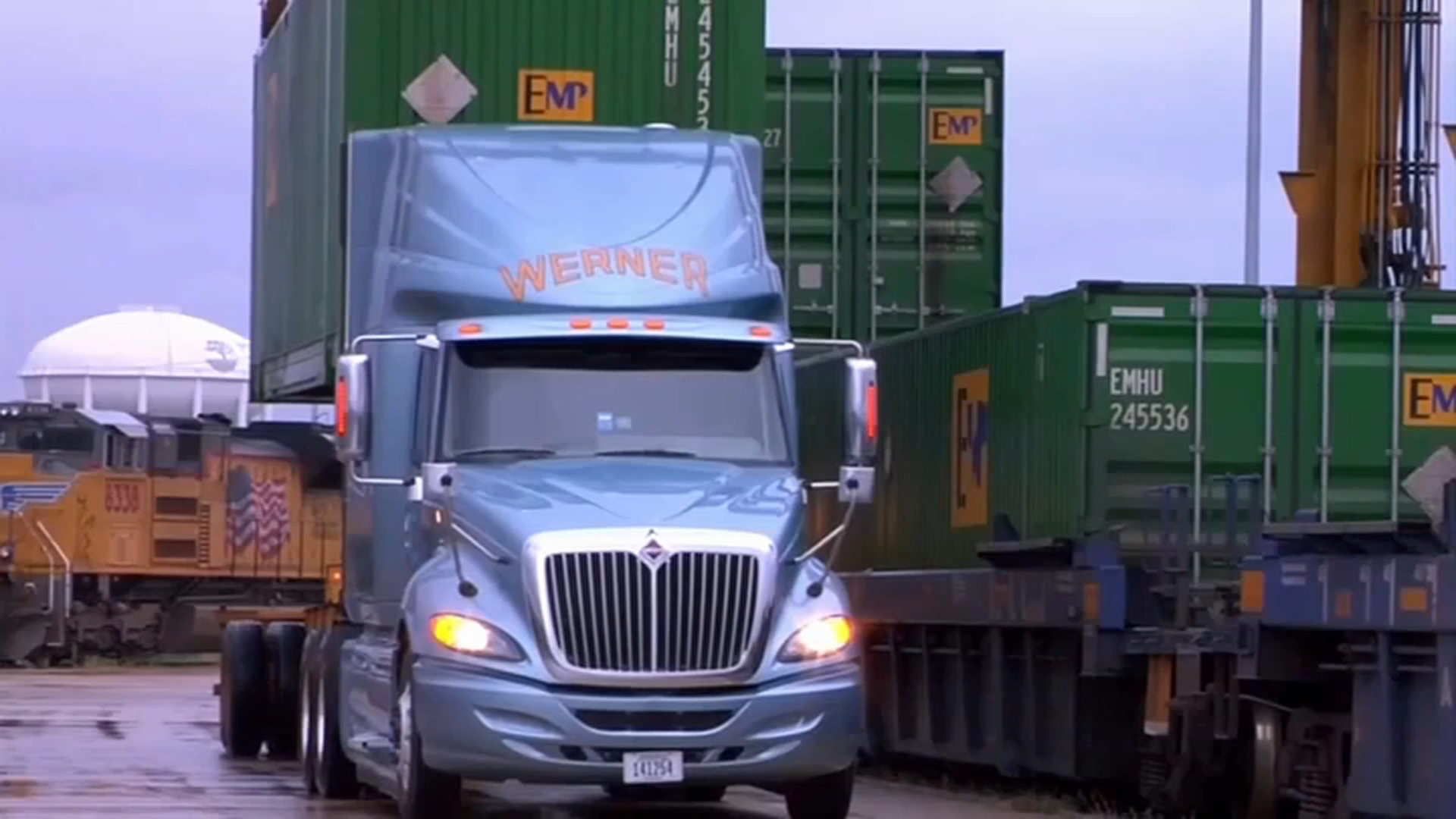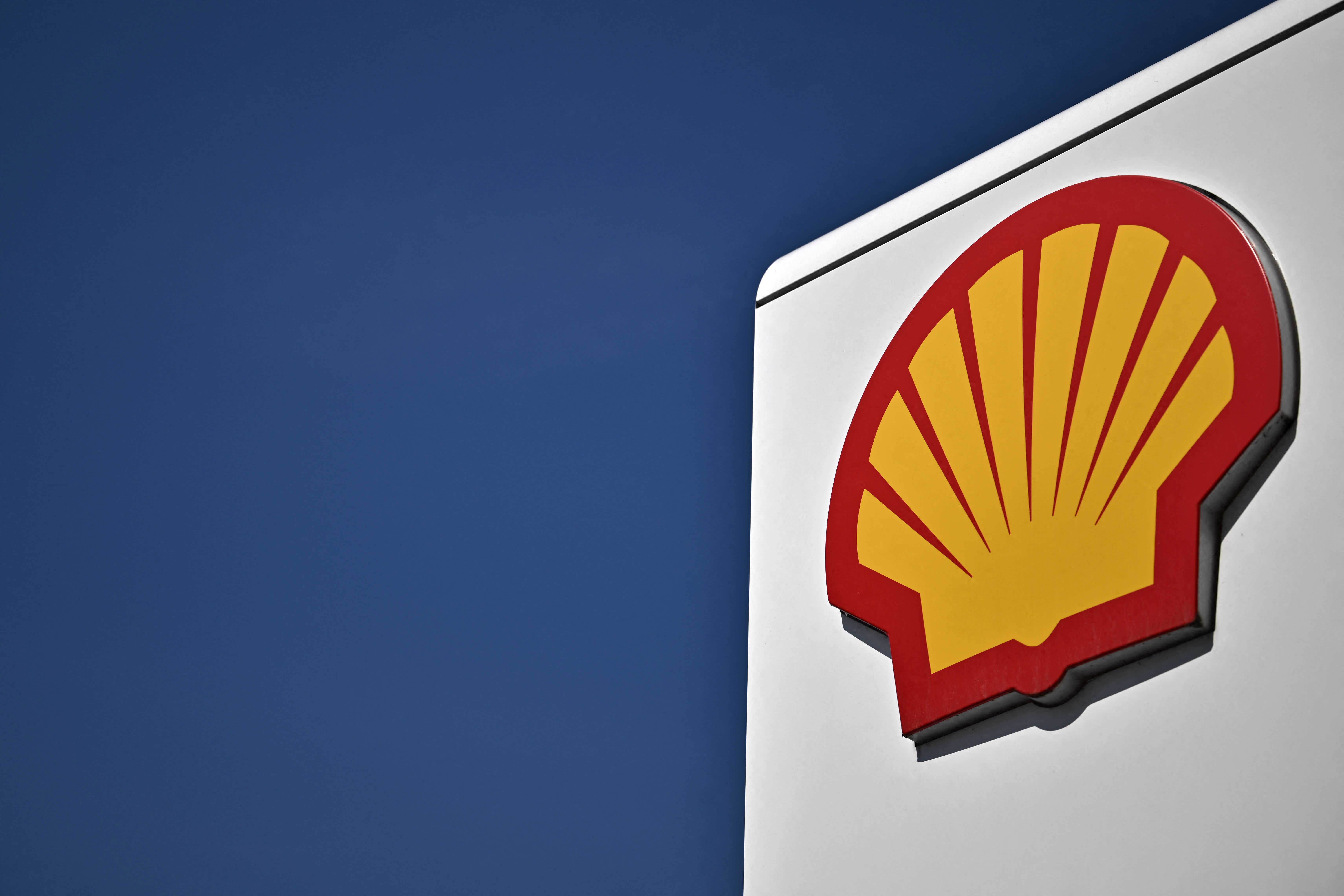Gas prices are spiking once again in Massachusetts, reaching a new record high of $4.39 per gallon and exceeding the national average.
Gas prices are spiking once again in Massachusetts, reaching a new record high of $4.39 per gallon and exceeding the national average.
Pump prices recently rose again due primarily to the high cost of crude oil. The cost of a barrel of crude continues to hover around $100. With the oil price accounting for about 60% of pump prices, the national average for a gallon of regular is now $4.32.
WATCH ANYTIME FOR FREE
Stream NBC10 Boston news for free, 24/7, wherever you are. |
The current average breaks the previous record set in the Bay State in March of $4.36 per gallon, according to AAA Northeast.
Get updates on what's happening in Boston to your inbox. Sign up for our News Headlines newsletter.
Get updates on what's happening in Boston to your inbox. Sign up for our News Headlines newsletter.

“This is an 18 cent jump over last week which is really a dramatic increase," Mary Maguire of AAA Northeast said. When asked for saving tips, Maguire said, “Simply drive less. Work from home if you can. Consolidate your trips.”
A recent survey conducted by Yahoo shows that 66% of Americans are making significant changes to their driving habits as a result. These changes include only using their car for necessities, not filling their tanks and instead just putting in enough gas to get by and relying more on public transportation.
"It's tough," driver Jared Getchell said. “I’m looking to trade this truck in and get another vehicle that’s better on gas."
About 30% of those surveyed also said they would change or cancel summer plans by car due to the cost. Some say they will wait to make any moves until prices surpass $5 a gallon -- a number some states like California have already hit.
“Won’t be driving anywhere . We’ll be flying -- that’s for sure," another driver said.
More on Rising Gas Prices
How to save gas while driving
Here are some tips from AAA to help you save you money on gas:
- Keep your tires properly inflated. Underinflation reduces fuel economy.
- Slow down and drive at the speed limit. On the highway, aerodynamic drag causes fuel economy to drop significantly as speeds increase above 50 mph.
- Avoid sudden starts and accelerations. These actions considerably increase fuel consumption.
- Avoide prolonged idling to warm up the engine, even in winter, as it wastes fuel.
- Minimize the use of air conditioning. Even at highway speeds, open windows have less effect on fuel economy than the engine power needed to run the air conditioning compressor.
- Also, compare gas prices -- sometimes the lowest prices are just around the corner.




